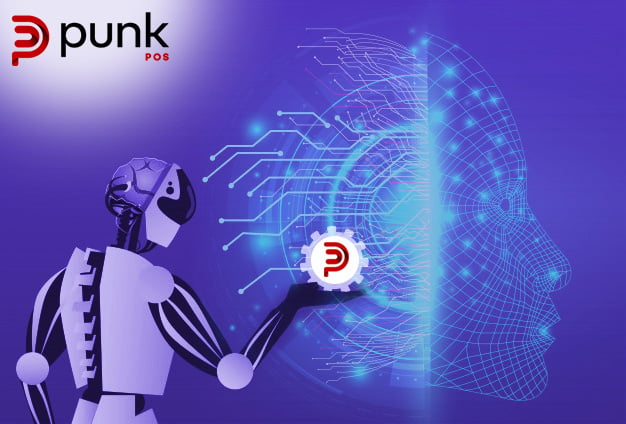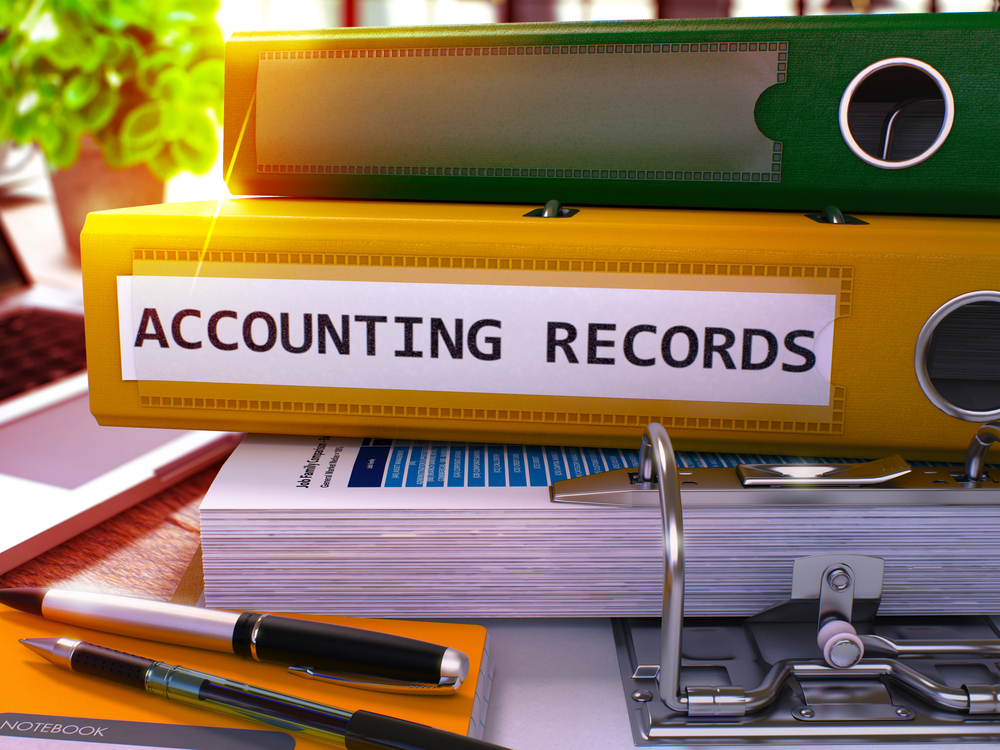Posted by Punk POS ● Jul 30, 2020 10:29:00 AM
What is ERP – Enterprise Resource Planning?
You’ve probably heard this doing the rounds for a while now, and if you’re confused by what everyone’s been writing or talking about, we’re here to help you. Read on to understand what ERP is and how it impacts your business.

What is ERP?
According to the comprehensive ERP guide of TechnologAdvice , Enterprise Resource Planning (ERP) software is a software platform that combines several business-critical software types in a single interface. ERP software often includes customer relationship management, accounting, core HR, and supply chain management features.

ERP software combines every aspect of a process from different departments into a single user-friendly database. With the advent of cloud-based BPA, even small and mid-sized businesses can take advantage of an ERP system to automate and ensure smooth functioning of all operations.
How do ERP systems work?
An enterprise planning resource system is made of different ERP applications that communicate and share a unified database and platform. The goal of using an enterprise resource planning system is to ensure your business has one single database for all information, thereby improving the flow of data and ensuring the right information is provided to all teams.
Some of the different applications or modules integrated into a single system to manage back-office functions include:
- Supply chain
- Distribution process
- Project planning
- Standardizing business procedures
- Automating redundant tasks
- Accounting and financial applications
- Human resources and payroll
What are the Benefits of ERP?

-
Higher productivity
It lets you automate your repetitive business processes and saves time for your employees who can focus on more important functions of their job and be more productive in planning and executing tasks that cannot be done by a system.
-
Better efficiency
It reduces the time and effort of the employees and gives them error-free data that can be used in strategic growth plans for the business. By streamlining the process into a single system, employees can easily access the information they need without browsing through endless files and folders.
-
Reports and Analysis
Error-free reports are a crucial aspect of business planning, and the lesser the human intervention, the more accurate the data. The ERP systems provide a deep insight into every function and department of your business without boring you with a regular excel sheet. They also provide financial reports such as income and cash flow statements, which could help you make decisions that are backed by factual data and metrics.
-
Standardized Business Processes
With an ERP system, you can standardize processes and systems (think CRM automated emails and chatbots), this enhances productivity and efficiency. This is also an added benefit if you’re looking at branding the communication sent out from your business.
-
Simpler IT
By unifying all processes into an integrated platform, makes the lives of your employees a lot easier! Not everyone is tech-savvy, and if they can just master one single platform that can help them save time, then it’s an investment worth making.

If you’re wondering who are some of the top players in the ERP industry, here’s a list!
Oracle’s NetSuite ERP is built for medium and large-sized businesses. The platform is fully scalable and equipped with robust features that help automate different business operations. Some crucial processes it covers are financial management, billing, and inventory. But the real cherry for this particular ERP brand is its warehouse administration tool which lets you manage your inventory with regularly updated data.
This is again aimed at medium-sized businesses and large enterprises. It uses new technologies like the Internet of Things, business analytics, and Big Data in its processes. The Epicor ERP handles CRM, project management, accounting, and supply chain, among other modules.
Designed to help small and medium enterprises, SAGE 100 ERP is a robust toolkit for every small business. It’s loaded with features especially for inventory management and manufacturing and some other key modules include, CRM, HR, time and project management, and distribution.

SAP ERP is an industry leader in providing full-suite ERP platforms. The built-in tools simplify the business process and the analytics ensure you always have a competitive advantage. This integrated platform includes CRM, financial management, human capital management, product lifecycle management, and supply chain management.
This ERP platform by one of the biggest tech companies in the world is essentially designed to help small and medium businesses manage their operations, supply chain, finance, and more. This scalable and configurable ERP solution lets your employees work smarter and make data-driven decisions.
While an ERP system can include the various functions of a business like a customer resource management (CRM), accounting, Human resources and payroll, and supply chain management, it is built in a way that it still appears to be modular to the employee handling it. So for an employee who is in customer care, only the CRM side of the business will be essential to them. An ERP binds different modules and their data together to provide a unified platform to store information and provide quick access to the same.
Topics: Business Process Automation, retail, ERP, digital transformation, Enterprise Resource Planning
